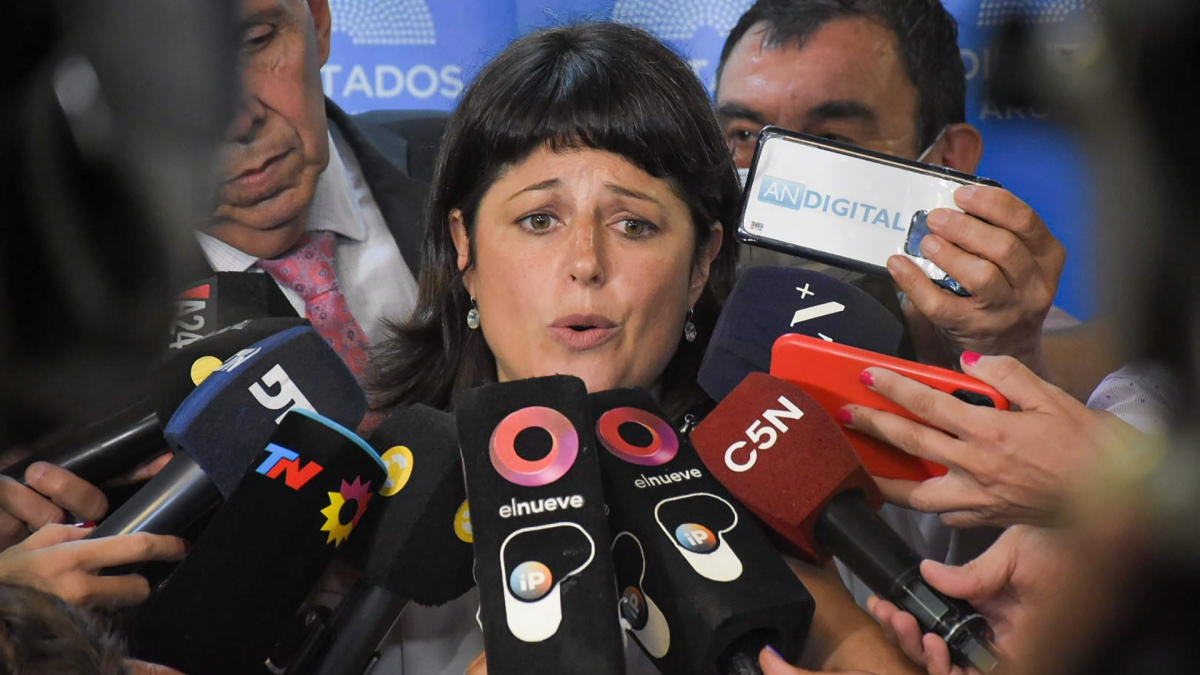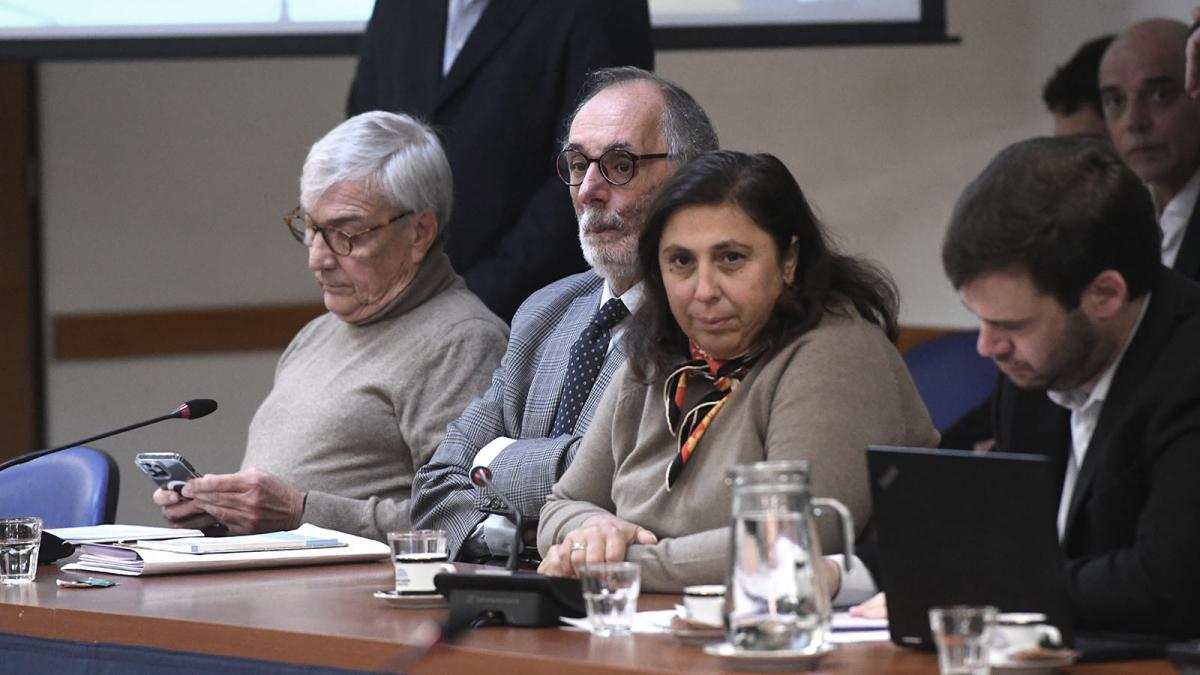 The Commission is chaired by Carolina Gaillard. Photo: FDT Block.
The Commission is chaired by Carolina Gaillard. Photo: FDT Block.
The Political Judgment Commission of the Chamber of Deputies began to analyze the ruling on federal co-participation ordered by the Supreme Court that benefited the City of Buenos Aires, with the presence of an official from the Treasury Attorney and an economic specialist from the highest court .
The commission, chaired by the pro-government deputy Carolina Gaillard, deliberates from 11:30 a.m. to investigate whether the judges of the Court Horacio Rosatti, Ricardo Lorenzetti, Juan Carlos Maqueda and Carlos Rozenkratz incurred in poor performance by accepting the precautionary measure promoted by the city government from Buenos Aires.
When opening the meeting, Gaillard specified that Maqueda, who had been summoned to this meeting, did not attend and did not present his report in writing.
Maqueda, who was invited to attend the commission after a resolution voted by the ruling party that notified him of 14 charges that were “provisionally” formulated against him, as a result of testimonies about irregularities in the management of the Obra Social del Poder Judicial de the nation.
“The non-submission of Maqueda’s report does not prevent the procedure from continuing. We are going to proceed with the accusation corresponding to poor performance against Maqueda for social work”asserted the FdT deputy.
In this new meeting, the legislators will listen to the testimony of the deputy attorney of the Treasury of the Nation, Horacio Diez, who will give his vision on that same ruling from the perspective of the national State.
 Photo: Nacho Sanchez.
Photo: Nacho Sanchez.
They will also receive Joaquín Alperovich, head of the Court’s Economic Analysis Unit, who will explain what his unit has done in relation to what was finally resolved by the four magistrates in the co-participation ruling.
This unit, created in 2009, is in charge of carrying out studies of an economic nature necessary to assess the effects that could occur as a consequence of the decisions that could eventually be adopted in proceedings pending before the Highest Court.
The file that will begin to be analyzed by the Impeachment Committee began after the Supreme Court of Justice ordered on December 21 that the national government pay the Government of the city of Buenos Aires 2.95% of the mass of co-participating taxes, within the framework of the dispute between both administrations for the correct percentage.
The highest court did not resolve the substantive issue, but for the moment it endorsed the precautionary measure requested by the Buenos Aires government, which in practical terms will make payments of that 2.95% “daily and automatically” by the Bank of the Argentine Nation and suspends Law 27,606 that granted it 2.32%.
The decision was signed by the four members of the highest court after the City and the Nation failed to agree on the cost involved in the Federal Police, ceded to the City in 2016.
From the national government they considered that, although the ruling appears to be “Solomonic” -as previously pointed out by the Minister of the Interior, Eduardo ‘Wado’ de Pedro- basically it “benefits” the Buenos Aires administration.


